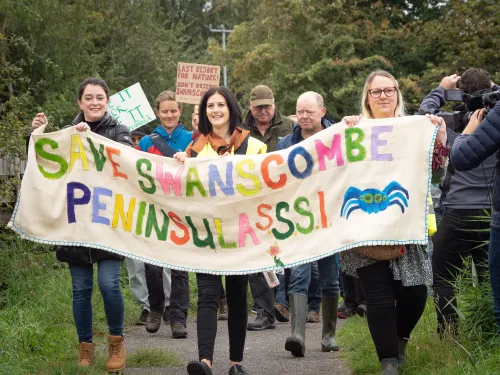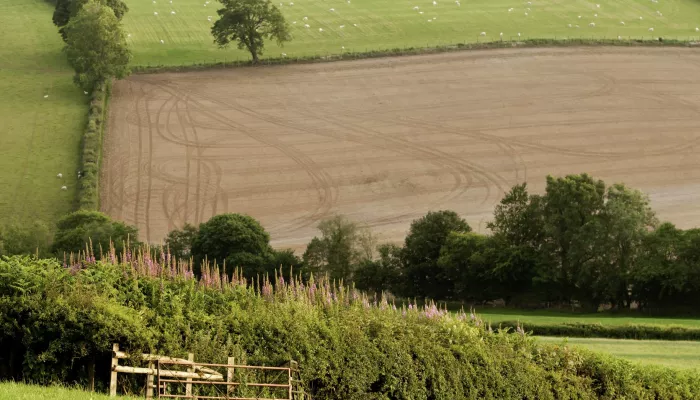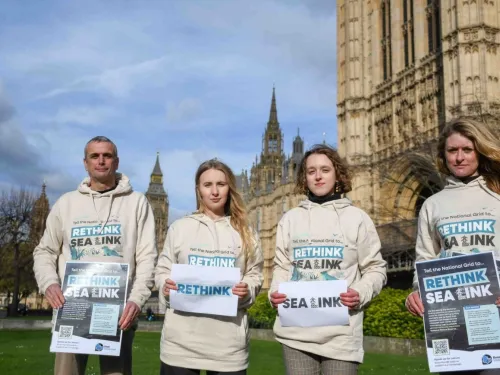
Conservation organisations celebrate the end to the London Resort project
Kent Wildlife Trust is delighted to confirm that the London Resort project, a proposed £2.5 billion theme park on the Swanscombe Peninsula, has officially been terminated.

[1] An online omnibus poll with 2140 UK adults was conducted by YouGov on behalf of Wildlife and Countryside Link between 18-19 December 2019. The figures have been weighted and are representative of all UK adults (aged 18+).
[2] 3 billion needed for nature friendly farming.

Kent Wildlife Trust is delighted to confirm that the London Resort project, a proposed £2.5 billion theme park on the Swanscombe Peninsula, has officially been terminated.

Ofgem U-turn for Isle of Grain power project leaves conservationists asking National Grid to “Rethink Sea Link” and dump environmentally damaging plans for Pegwell Bay.

The moment over a thousand pounds worth of damage was done by heartless thieves who targeted a charity in Sevenoaks has been caught on camera.